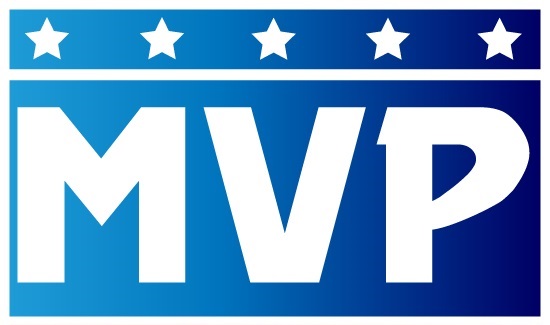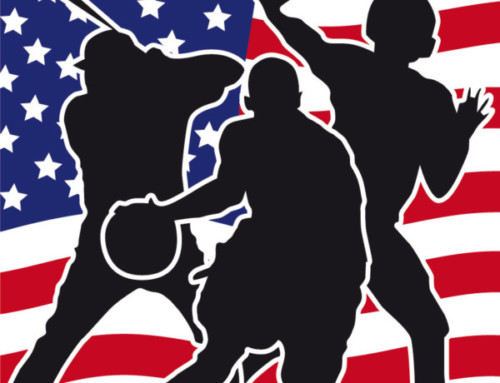Here at MVP Travel, we are sometimes asked what the MVP stands for. As a term not commonly used in the UK, some people assume it’s the owner’s initials. Or perhaps it’s “Mega Vacation Packages”? What about “Most Very Professional”? Oh, I know, it’s “Majestically Voluptuous Prawns”.
Nah, as any American sports fan will tell you, MVP stands for Most Valuable Player. The equivalent for UK sports would be either man (or woman) of the match or player of the season awards. Whether it is in an individual event, a tournament or across a whole season, the accolade of MVP is coveted and respected, from high school level all the way through the pros. Often these awards are decided by sports writers or the peers of the athlete in question. But what does it take to be an MVP?
By definition, an MVP brings unmatched value to the team they represent. In baseball, the bar was set early by the likes of Lou Gehrig and Babe Ruth and more recently players such as Cal Ripken, Jr, Ken Griffey, Jr and Albert Pujols have attained MVP status in their respective conferences. All these players were central to their team’s success by setting new landmarks in the sport, carrying their teams along with the momentum of their individual brilliance. Whether it was Ruth and his single season record for home runs that stood for decades or Ripken’s unbeaten record of playing in 2,632 consecutive games, an MVP’s tenacity is often the difference between a team’s success and failure.
In the NBA, an MVP is named for the regular season and also for the Finals. Most recently, Stephen Curry was named the 2016 NBA MVP, however it was the winner of the award in 2012 and 2013 – LeBron James – who came out with both the Finals’ award and the ultimate victory for his team. From 3-1 down, James led his hometown Cleveland Cavaliers back from the brink to a stunning victory. A never-say-die attitude is usually a must for players deemed worthy of MVP status and Curry may be considered unlucky that, when the chips were down, he was facing off with what many consider to be the greatest player in modern times.
Leadership is also a characteristic often associated with an MVP. In the NFL, quarterbacks have been named MVP more than any other position and it is no coincidence they are seen as the generals on the field. Names such as Favre, Manning and McNair commanded respect and adulation from team mates, who would often raise their games to another level in the presence of these inspirational figures. The last defensive player to win the award was Lawrence Taylor in 1986 – a player who not only led his defence into battle like few have before or since, but also terrified opposing quarterbacks and with his sheer strength, speed and athleticism, changed the linebacker position forever.
Consistency is also a virtue enjoyed by the MVP fraternity. This was no more evident than with the NHL’s Wayne Gretzky, who won the league MVP (Hart Memorial Trophy) award a staggering 9 out of 10 years in the 1980s. An MVP does not often turn out to be a one game or one season wonder – managing to display elite levels of skill and competitiveness for prolonged periods of time. Across the sporting spectrum, from Nicklaus in golf to Earnhardt in NASCAR and Schumacher in Formula 1, the MVP mentality has separated the very good from the phenomenal.
So that’s why we’re called MVP Travel. We hope to embody the characteristics discussed above in each and every one of our dealings with our customers, who in turn are our most valuable players. We are also fans of prawns, in case you were wondering (especially the big ones).
Who’s your sport MVP? Leave us a comment and let us know what you think.






Leave A Comment